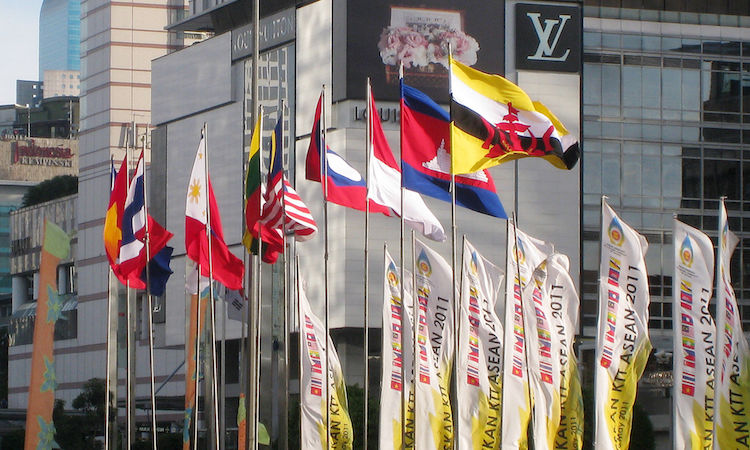By Lisa Vives, Global Information Network
NEW YORK (IDN) — “Please know this: as you dive into the water, as you prepare to throw, as you step into the arena, know that you are not alone.”
With those words of encouragement, over 180 athletes from the African continent were entered in this year’s 2020 Olympic games in Tokyo.
The continent was also represented among the six members of the Refugee Paralympic Team. Parfait Hakizimana, a taekwondo fighter from Burundi, until recently, lived, taught, and trained in Rwanda’s Mahama Refugee Camp. He started a taekwondo school at the camp and is credited with having trained more than 1,000 refugee children.
Because of the Burundian civil war, he lost his mother and received an injury that left his arm permanently debilitated when he was eight. “Refugees don’t have a lot,” he told the UN High Commissioner for Refugees. “But sports helps them forget their troubles.”
Paralympics is a series of international multi-sport events involving athletes with a range of physical disabilities, including impaired muscle power, impaired passive range of movement, limb deficiency (e.g. amputation or Dysmelia), leg length difference, short stature, vision impairment and intellectual impairment.
Pur Biel of South Sudan explained how sports helped him live through traumatic experiences in his home country. “Sports becomes something that can change the life of refugees living in camps because they can achieve something,” he said.
South African paralympic star Ntando Mahlangu was one of the lucky ones. The 19-year-old double amputee this year clinched the gold twice—in the men’s long jump and in the 200 meter race, setting a world record of 23.59 seconds, far ahead of the runner-up from the UK.
Born with hemimelia, a condition where the lower leg failed to develop, Mahlangu spent his childhood in a wheelchair until 2012, when he decided to have his lower legs amputated and was presented with his first set of blades.
Now featured in the Netflix documentary “Rising Phoenix”, he says: “I’m really comfortable with sharing my story because I think it can inspire others to open up about stuff.”
“The Olympics have the power to bring the world together,” said World Health Organization head Tedros Adhanom Ghebreyesus. “May these #Tokyo2020 Games be the moment that unites the world and ignites the solidarity and determination we need to end the pandemic together.” [IDN-InDepthNews – 06 September 2021]
Photo: South Africa’s teenage track star Ntando Mahlangu Ntando Mahlangu. Credit: International Paralympic Committee.
Visit us on Facebook and Twitter.
We believe in the free flow of information. Republish our articles for free, online or in print, under Creative Commons Attribution 4.0 International, except for articles that are republished with permission.

